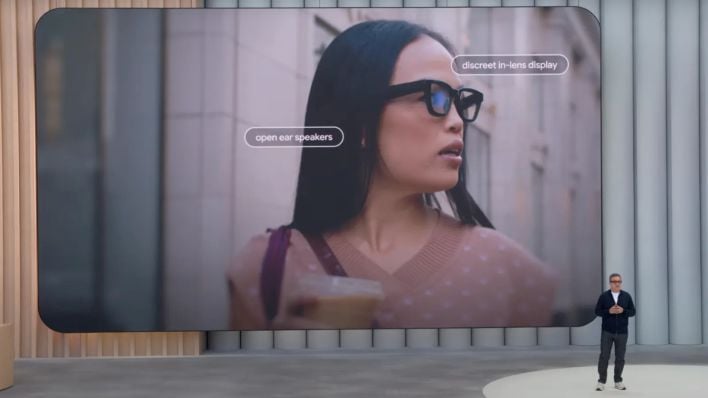Here's Google's Sergey Brin On Google Glass Failures And Why Android XR Is Different
Brin, who was a driving force behind the initial Google Glass endeavor, admitted that the company faced considerable challenges, particularly concerning consumer electronics supply chains and the difficulty of delivering the product at a reasonable price point. "I definitely feel like I made a lot of mistakes with Google Glass, I'll be honest," Brin confessed, reflecting on the 2013 launch that, despite its innovative spirit, ultimately struggled with public perception, privacy concerns, and a hefty price tag. He also hinted at a "technological gap" at the time, suggesting the underlying tech wasn't quite ready to fully realize the vision.
However, Brin's tone shifted when discussing Android XR, Google's new operating system designed to power future headsets and smart glasses. He emphasized that the landscape has dramatically changed, primarily due to the rapid evolution of generative AI. "Now, in the AI world, the things that these glasses can do to help you out without constantly distracting you, that capability is much higher," he stated.

A key differentiator this time around is Google's strategic approach to partnerships. Unlike the solitary path taken with Google Glass, the company is now collaborating with experienced consumer electronics and eyewear manufacturers, such as Samsung and Xreal, who are contributing to the development of Android XR glasses. Reports also indicate a substantial investment and equity stake in US-based eyewear brand Warby Parker, which would be key in Google nailing supply chain management and product polish. This collaborative model aims to address the manufacturing and pricing hurdles that plagued the first iteration of Glass.
The Google I/O 2025 keynote also showcased compelling demonstrations of Android XR's capabilities, including live language translation, reinforcing the potential for AI-powered smart glasses to offer truly transformative experiences. While the original Google Glass eventually found a niche in enterprise applications before its discontinuation in 2023, Google's approach with Android XR could mark a pivotal moment for the next generation of AI-infused wearable tech.

